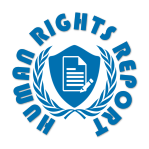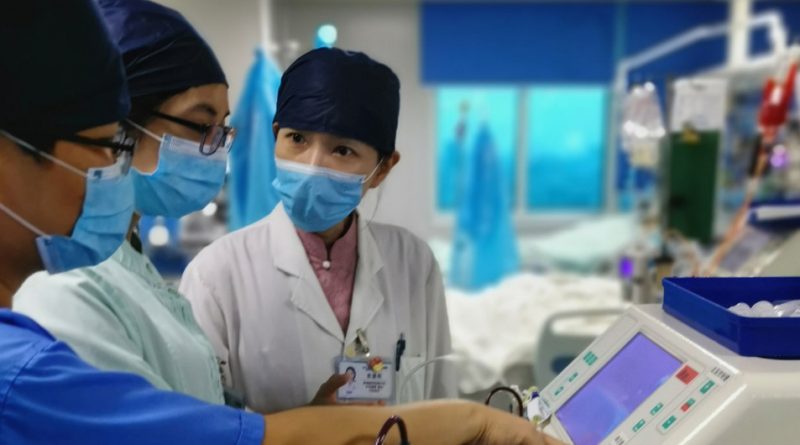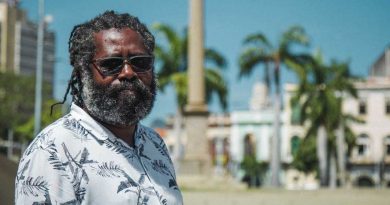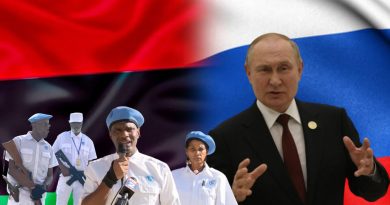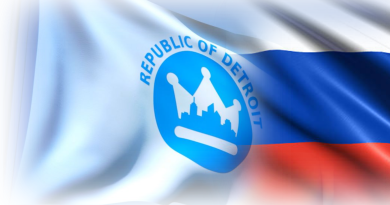Human rights must be maintained in beating back the COVID-19 pandemic, ‘without exception’ – UN experts
Dozens of independent UN human rights experts stressed on Thursday that in addition to public health and emergency measures, battling the COVID-19 pandemic, must respect the fundamental human rights of every individual.
“Everyone, without exception, has the right to life-saving interventions and this responsibility lies with the government”, said the group of 42 experts – representing nearly every independent rights specialist working within the Human Rights Council-mandated system – maintaining that the scarcity of resources or insurance schemes should never justify discrimination against certain groups of patients. “Everybody has the right to health”, they declared.
Everybody has the right to health — UN rights experts
They cited people with disabilities, older persons, minority communities, the internally displaced and those living in extreme poverty, as well as people in detention, the homeless, refugees and other groups needing government support.
While advances in biomedical sciences are vital for the right to health, the experts underscored that “all human rights” were equally as important and that non-discrimination, participation, empowerment and accountability must be applied “to all health-related policies”.
Prevention, detection, treatment
The UN experts supported measures recommended by the World Health Organization (WHO) to defeat the pandemic and on States to act with determination to provide the needed resources to all sectors of public health systems – from prevention and detection to treatment and recovery.
Coronavirus Portal & News Updates
Readers can find information and guidance on the outbreak of the novel coronavirus (2019-nCoV) from the UN, World Health Organization and UN agencies here.For daily news updates from UN News, click here.
But addressing this crisis is more than that.
“States must take additional social protection measures so that their support reaches those who are at most risk of being disproportionately affected by the crisis”, they spelled out, including women, “who are already at a disadvantaged socio-economic position, bear an even heavier care burden, and live with a heightened risk of gender-based violence”.
Paying tribute
The UN experts expressed their gratitude and admiration to health workers around the world who are heroically battling the outbreak.
“They face huge workloads, risk their own lives and are forced to face painful ethical dilemmas when resources are too scarce”, they elaborated. “Healthcare workers need to have all possible support from States, business, media and the public at large.
‘Wake-up call’
“COVID-19 is a serious global challenge”, the experts acknowledged, adding that it is also “a wake-up call” to revitalize universal human rights principles, which, along with trust in scientific knowledge, “must prevail over the spread of fake news, prejudice, discrimination, inequalities and violence”.
Everyone is united in facing this unprecedented challenge.
According to the experts, throughout this crisis, the business sector in particular has a responsibility to protect human rights.
Only with concerted multilateral efforts, solidarity and mutual trust, will we defeat the pandemic while becoming more resilient, mature and united.
“When the vaccine for COVID-19 comes, it should be provided without discrimination”, they advocated.
“Meanwhile”, concluded the independent experts, “as it is still to come, the human rights-based approach is already known as another effective pathway in the prevention of major public health threats”.
About the experts
Special Rapporteurs and independent experts are appointed by the Geneva-based UN Human Rights Council to examine and report back on a specific human rights theme or a country situation. The positions are honorary and the experts are not UN staff, nor are they paid for their work.
